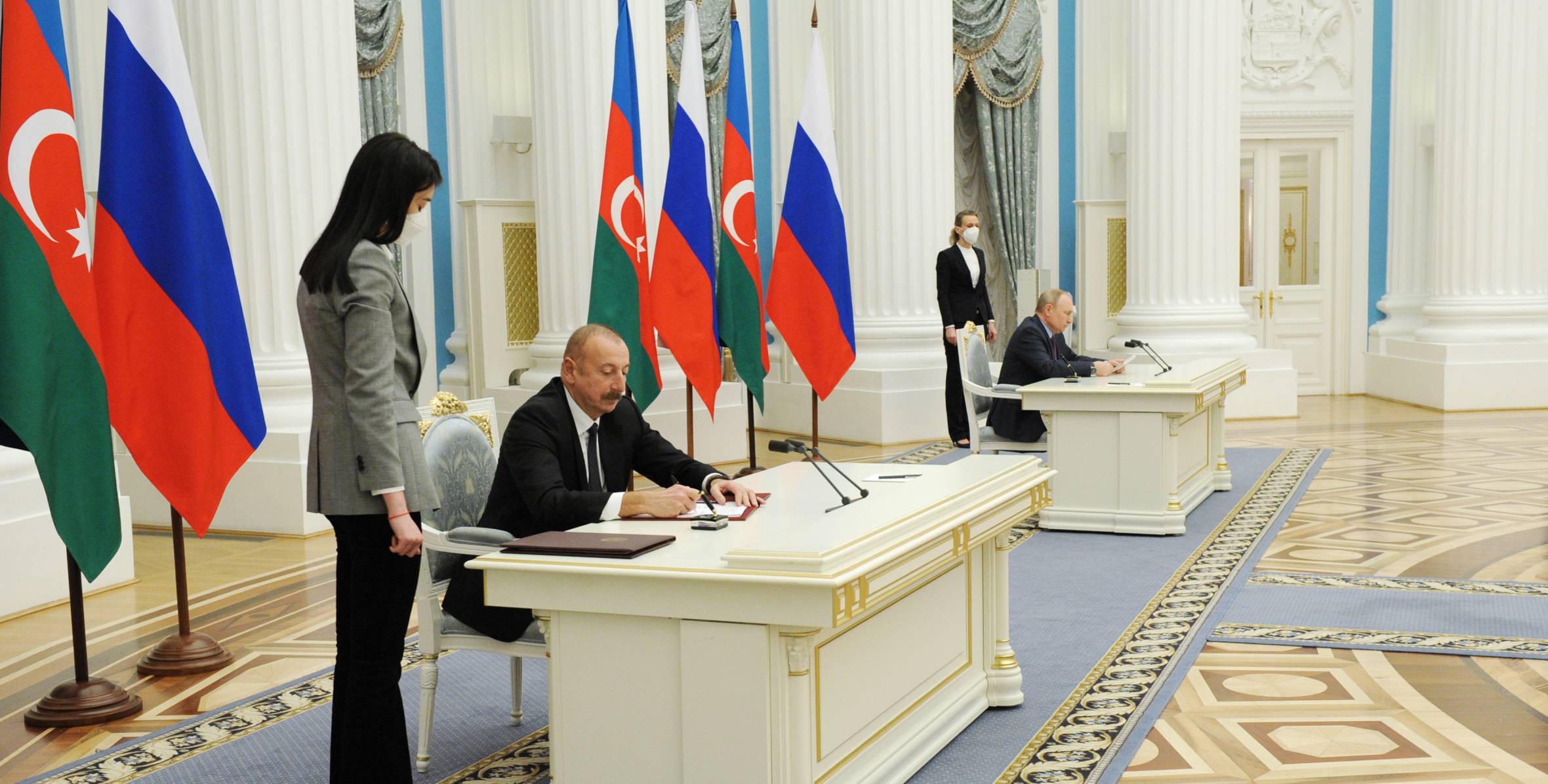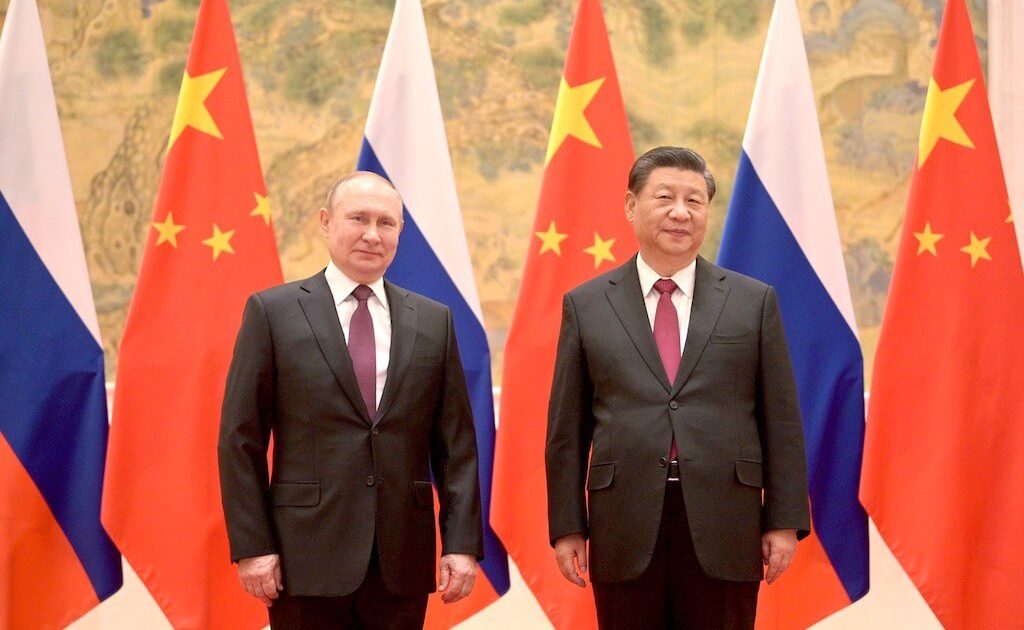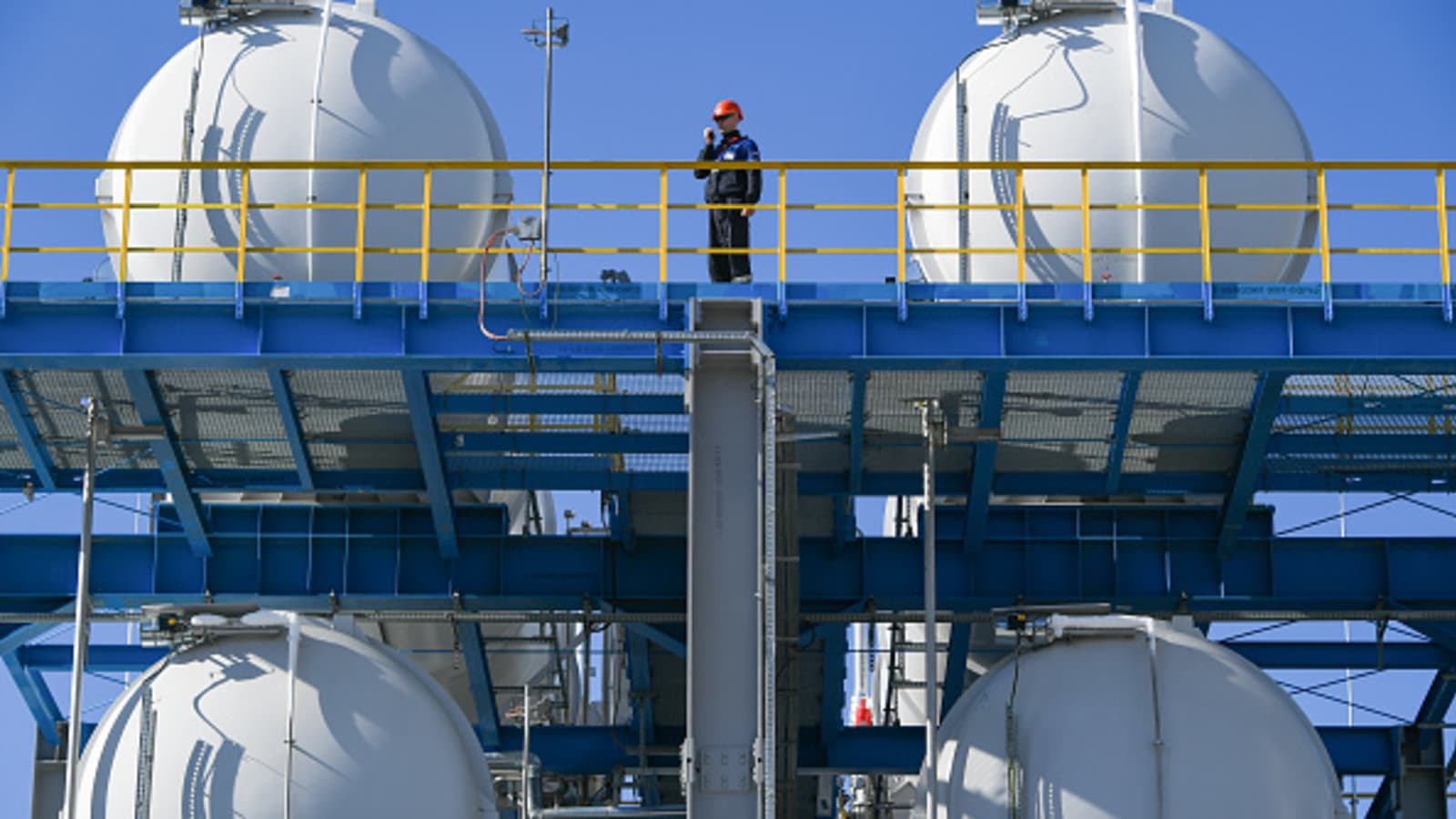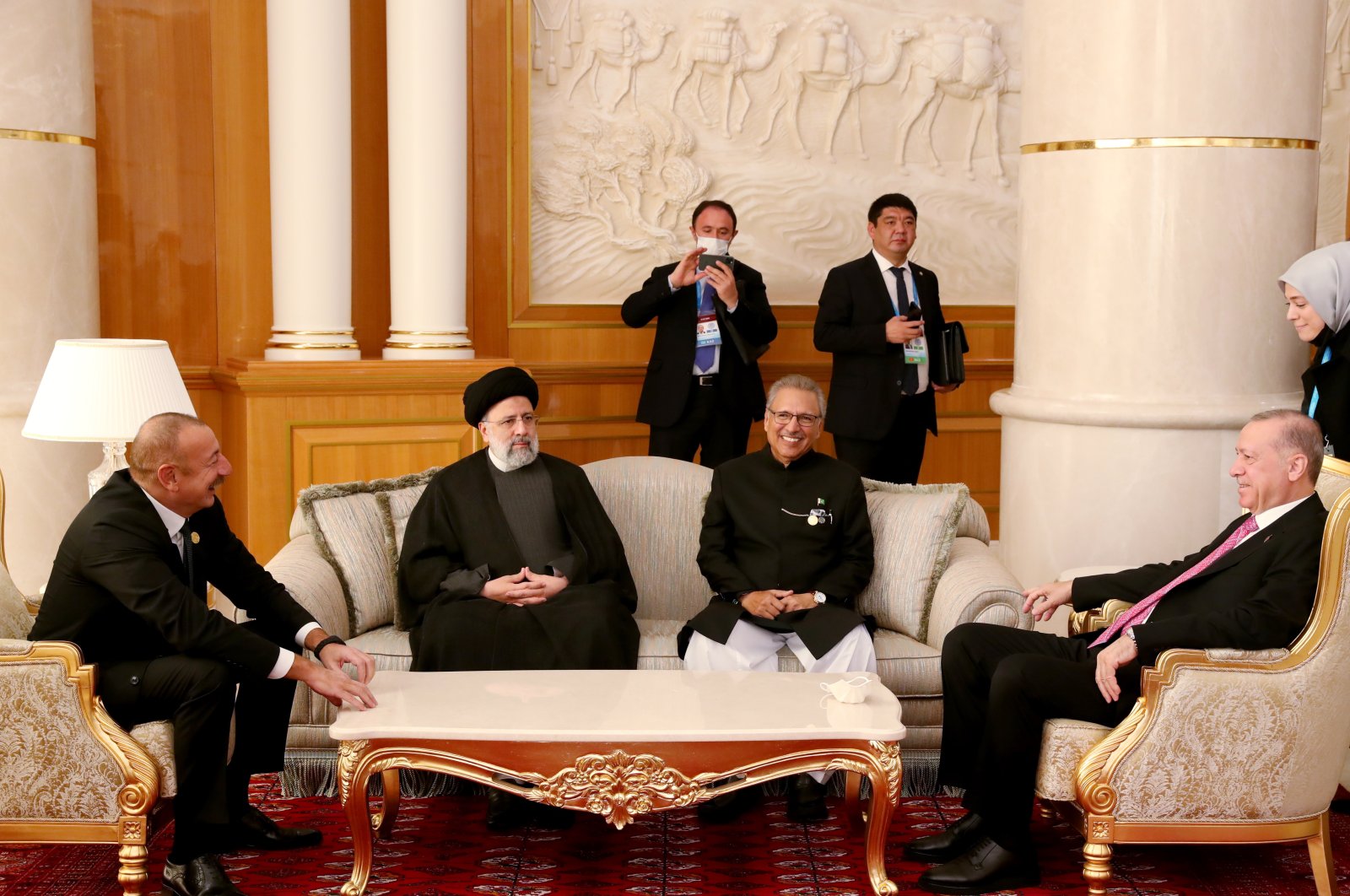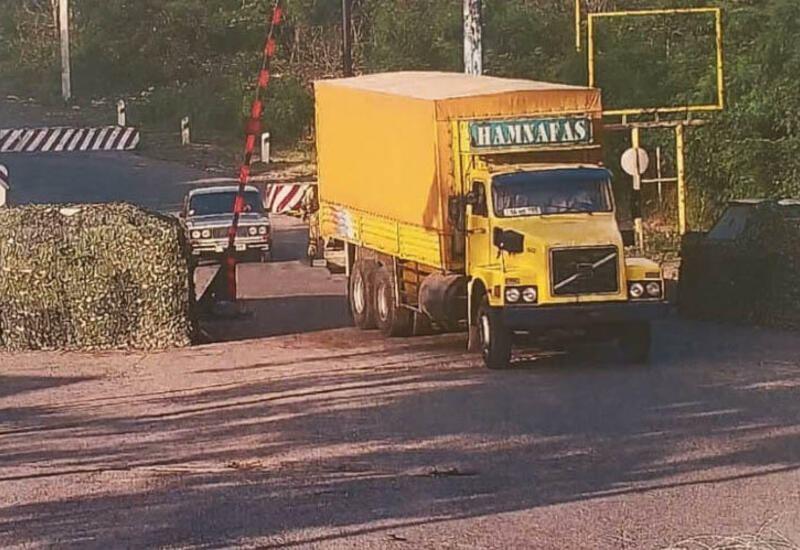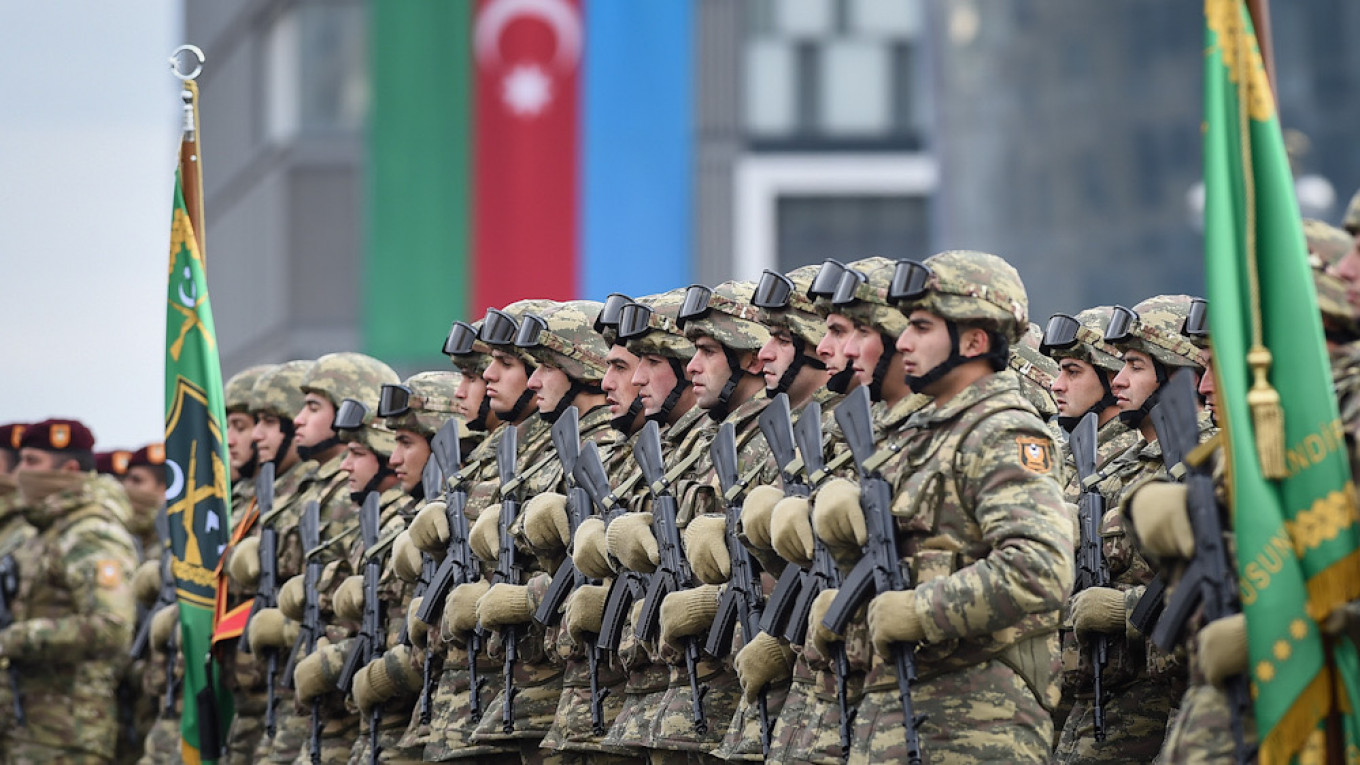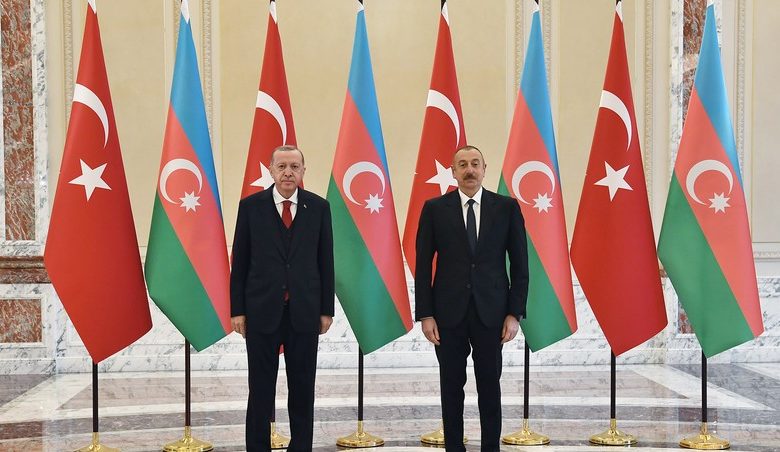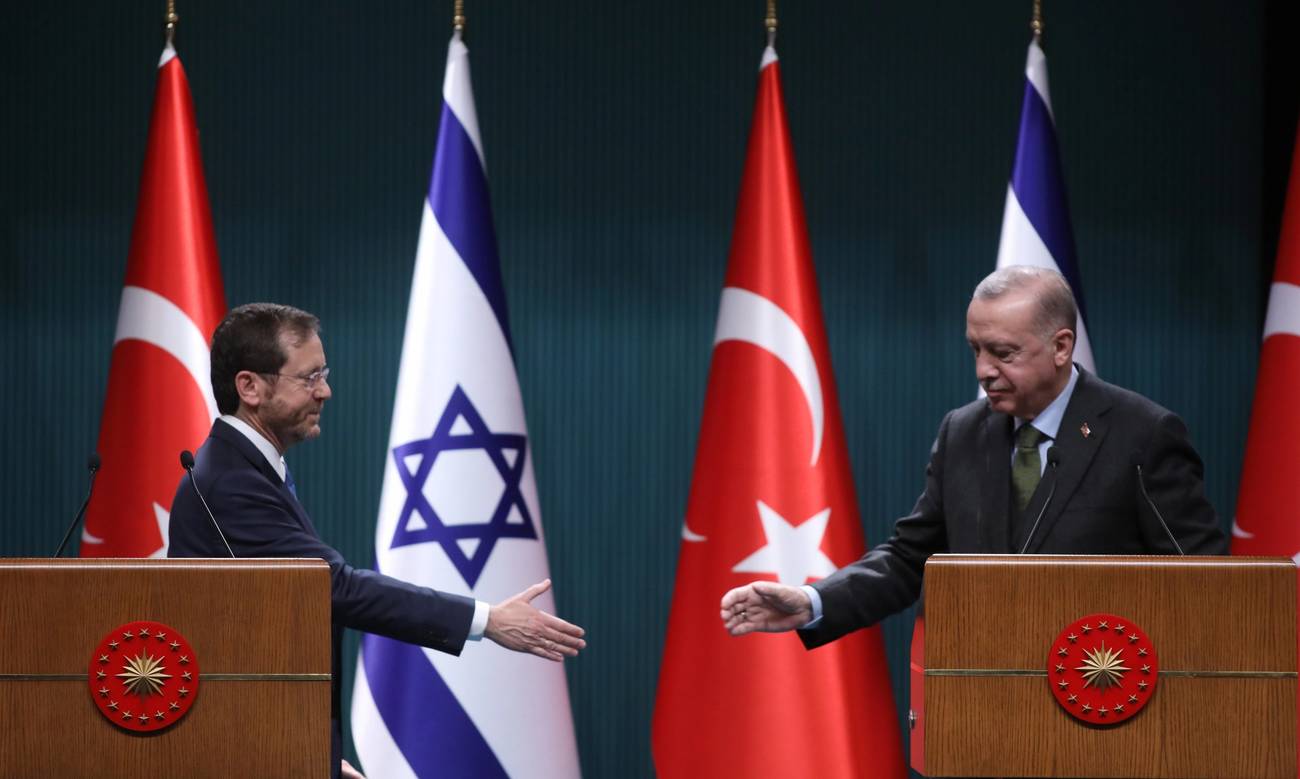
Facing new security challenges in the Gulf region, the United Arab Emirates pushed for the normalization of ties with two other major regional powers – Israel and Turkey. The trilateral rapprochement could help the UAE reduce its national security risks stemming from Iran and its proxy forces.
Turkish President Recep Tayyip Erdogan paid an official visit to the United Arab Emirates (UAE) on February 14, for the first time since 2013, when Erdogan was still Prime Minister. Erdogan and his delegation’s visit were greeted with a 21-gun salute and a massive aerial show in Abu Dhabi.
The visit attracted much international media attention, as it was Erdogan’s first state visit to the UAE as President. This was of significance considering the deterioration of UAE-Turkey relations in the aftermath of the 2016 Turkish coup attempt. Tensions between the two countries were also considerably heightened during and in the aftermath of the 2011 Arab Spring revolutionary protests, with the two countries adopting opposing foreign policies.
The rapprochement of the two countries came at an uneasy time given the escalating strains between Iran and Israel, the renewed hostilities between the Houthis and the Saudi-UAE-led coalition in Yemen, and the deepening economic crisis in Turkey. Continue reading

